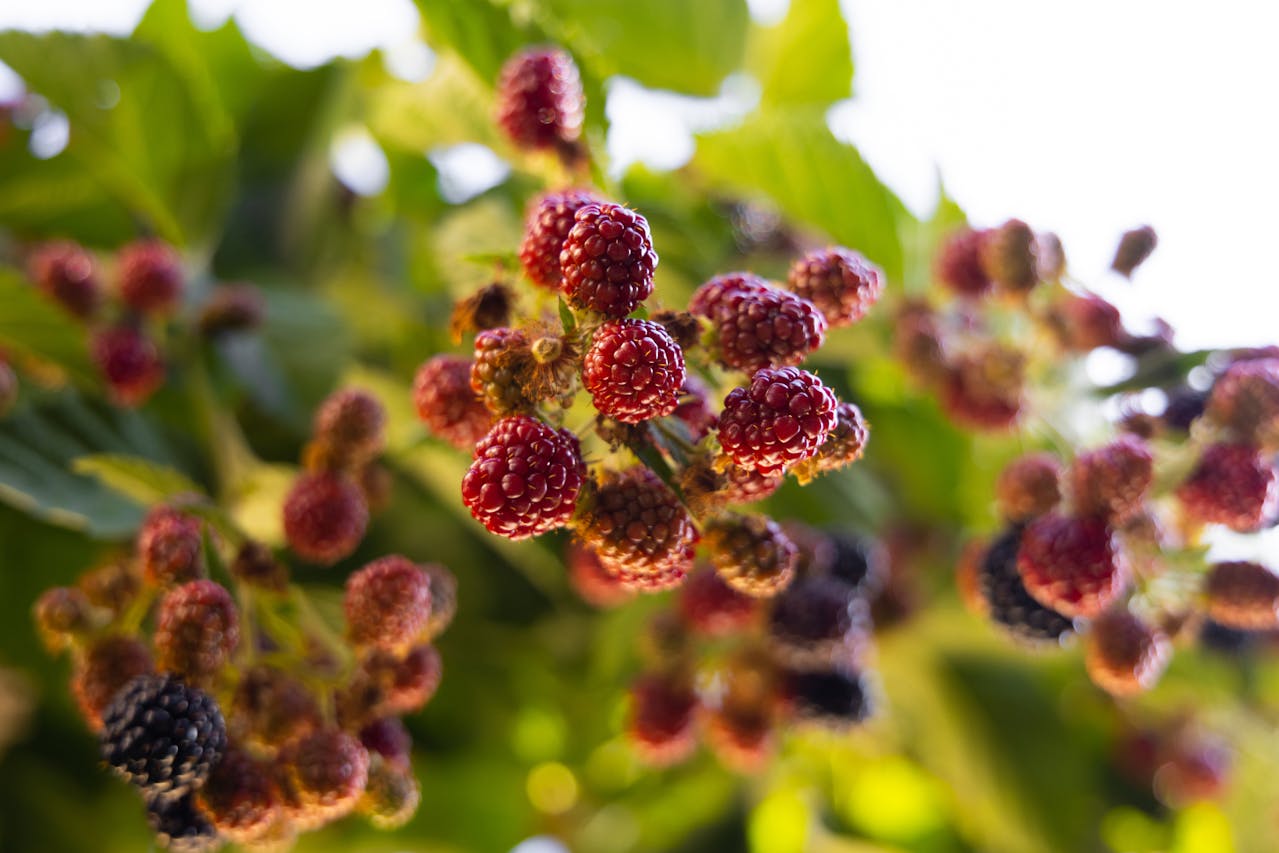
A glass of red wine contains about 0.27 mg of resveratrol per 100 ml, but you'd need several glasses to match the resveratrol found in these foods — and without the alcohol! Mulberries Resveratrol Content (per 100g): 0.048–5.061 mg Health Highlights: High in vitamin C, iron, fiber; boosts. Grapes (Red/Purple) Resveratrol Content (per 100g): 0.079–1.535 mg Health Highlights: Heart-healthy, hydrating, rich in polyphenols. Peanuts Resveratrol Content (per 100g): 0.08–0.15 mg Health Highlights: Good fats, protein, easy to add via peanut butter Dark Chocolate (Cocoa) Resveratrol Content (per 100g): 0.124 mg Health Highlights: Mood booster, heart health, choose 70%+ cocoa. Pistachios Resveratrol Content (per 100g): 0.009–0.167 mg Health Highlights: Fiber-rich, supports cholesterol and blood sugar. Blueberries Resveratrol Content (per 100g): <0.1 mg Health Highlights: Brain and heart health, packed with anthocyanins. To maximize resveratrol intake: - Choose fresh, whole foods. - Incorporate them into daily snacks or meals. - Opt for dark chocolate with high cocoa content. - Use unsalted nuts for better heart health. Key Health Benefits of Resveratrol Heart Health: Helps lower blood pressure, reduce LDL cholesterol, and prevent blood clots. Brain Protection: May slow cognitive decline and protect against Alzheimer’s disease. Anti-Aging Effects: Activates genes linked to longevity and cellular repair. Improves Blood Fats: Increases HDL (good cholesterol) and reduces LDL oxidation. Supports Diabetes Control: Enhances insulin sensitivity and lowers blood sugar levels. Joint Pain Relief: Reduces inflammation and protects cartilage, easing arthritis symptoms. Cancer-Fighting Potential: Inhibits cancer cell growth and may enhance chemotherapy effectiveness.
© Travel Media. All Rights Reserved. Privacy